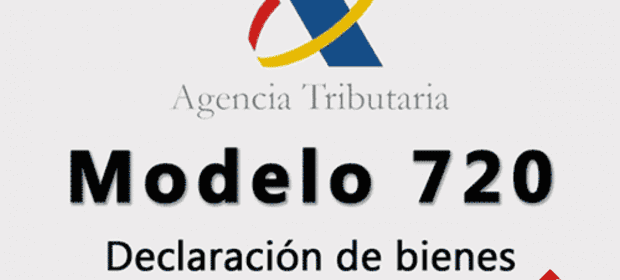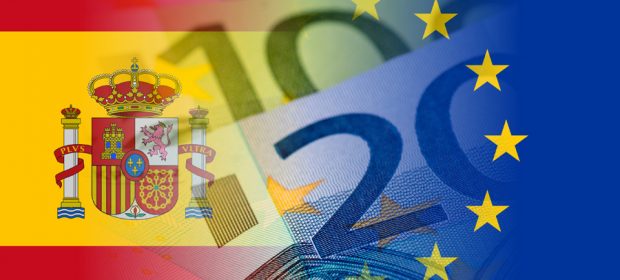At 11pm on March 29, 2019, the United Kingdom will officially leave the European Union.
Much has been written about the millions of Europeans living in the UK and the millions of Britons living in Europe, but little about the tax consequences for Britons who are non-resident in Spain but have interests in the country, mainly owning real estate properties.
Britons could lose the following tax benefits in Spain when the United Kingdom leaves the EU:
Non-resident income tax on real estate: the Spanish Government imputes a benefit in kind to owners of holiday houses that is taxable as income. By definition, a house owned by a non-resident cannot be their main home, so every non-resident owner of a house in Spain, even if it is not rented out, has to declare an imputed income and pay taxes on that income annually. The income tax rate is 19% for those living in an EU member state, Iceland and Norway, but it is 24% for the rest.
Therefore, Britons could end up paying 24% tax on the imputed income instead of current 19%.
Rental income tax: non-resident owners of Spanish properties who get income from renting them out are liable to Spanish non-resident income tax on the gross income. However, those living in an EU member state, Iceland and Norway are entitled to offset some costs from their rental income and therefore are taxed only on the net profit.
Therefore, Britons could end up paying 24% tax on gross income with no deductibles, compared to the current 19% on net profit.
Inheritance and gift tax: regional governments are empowered to regulate this tax, the consequence being that the tax liability will vary depending on the region. The difference can be substantial.
Non-residents are subject to Federal law, which is normally less favourable than Regional law. However, those living in an EU member state, Iceland, Norway and Liechtenstein can choose the application of the most favourable legislation for their situation, Federal law or Regional law (in which the properties of major value are located).
Therefore, Britons could lose the right to apply for Regional law. In Andalucía, for example, there is a threshold of 1 million euro, meeting certain requirements, to which Britons could not be entitled.
This is just a short list of the possible tax consequences of Brexit. The UK may join the EEA (European Economic Area) like Iceland, Norway and Liechtenstein. If the Norway-style agreement is adopted, a major part of EU law could still apply, but that is by no means clear at this point.
*Source: JC&A Abogados (Santiago Lapausa)






















